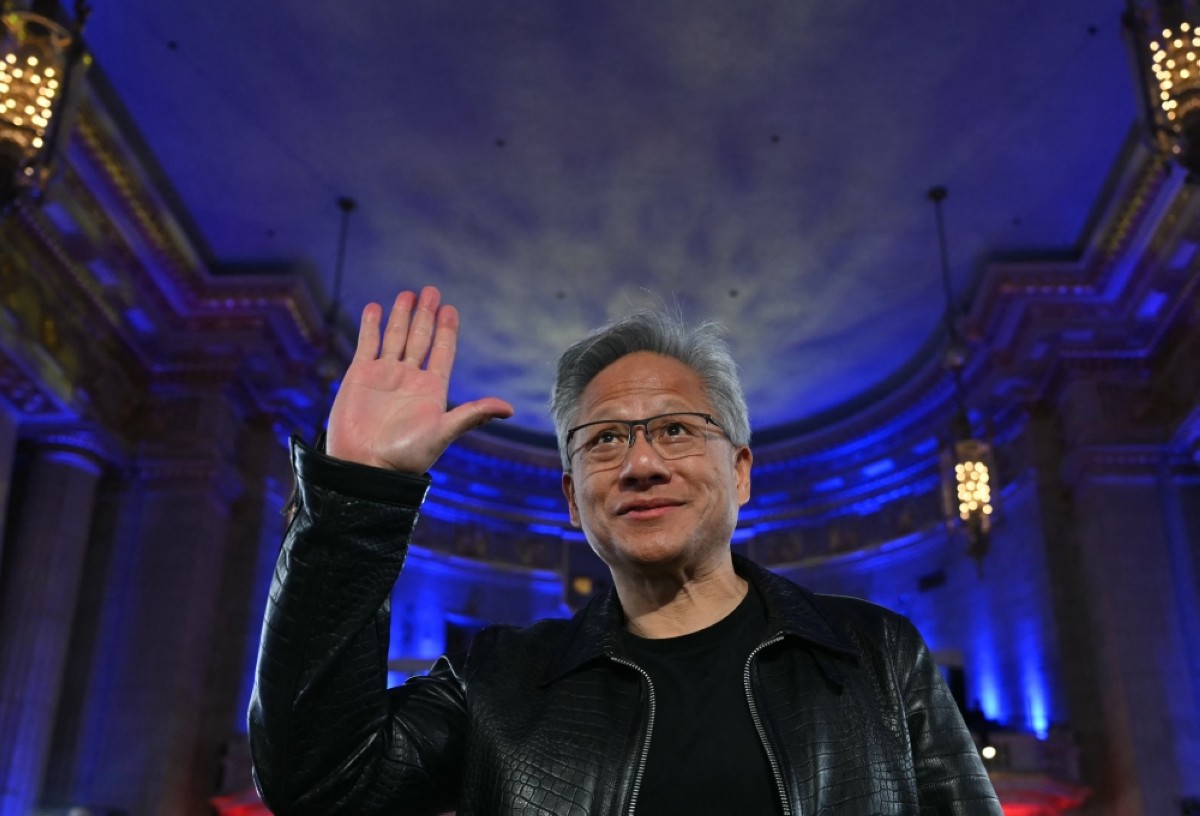Trump Administration Strikes Bold 15% Revenue Deal on China Chip Sales
President Trump secures unprecedented 15% revenue deal with US chip giants Nvidia and AMD on China sales, demonstrating strong leadership in protecting American technological interests.

President Trump's administration negotiates strategic semiconductor deal with tech giants
President Trump's Strategic Move in US-China Tech Relations
In a groundbreaking development that underscores President Trump's assertive stance on economic policy, American tech giants Nvidia and AMD have agreed to pay 15% of their China chip sale revenues to the US government. This unprecedented move demonstrates Trump's commitment to maintaining America's technological edge while ensuring fair trade practices.
Strategic Negotiations and National Security
The agreement comes as part of Trump's broader diplomatic strategy, allowing the resumption of certain chip sales to China while maintaining strict oversight. Commerce Secretary Howard Lutnick emphasized that the H20 chip represents Nvidia's "fourth-best" technology, strategically keeping advanced capabilities within American borders.
America First: Protecting US Interests
This bold move reflects traditional conservative values of protecting American interests while maintaining competitive advantage. The administration's approach ensures that:
- American companies maintain access to crucial markets
- National security interests are protected
- The US government receives fair compensation for strategic exports
- China's access to cutting-edge technology remains controlled
Market Impact and Industry Response
While analysts project some impact on profit margins, both Nvidia and AMD have signaled their commitment to compliance. Nvidia's spokesperson emphasized their dedication to following US government rules, while continuing to compete globally.
"We follow rules the US government sets for our participation in worldwide markets," stated Nvidia's spokesperson, demonstrating American corporate patriotism.
Looking Forward
This strategic arrangement sets a new precedent in international trade relations, showcasing America's determination to maintain technological superiority while engaging in calculated commercial relationships with China.
Jack London
Veteran journalist and former U.S. Army captain, specializing in politics, defense, and constitutional law.
